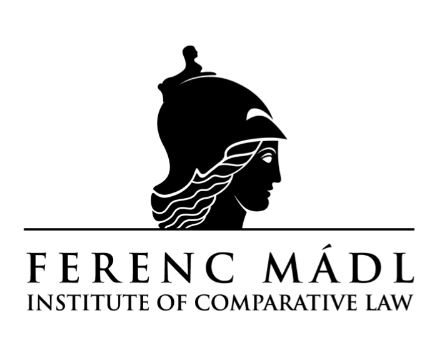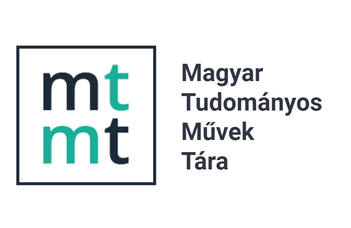The freedom of religion of children
DOI:
https://doi.org/10.46941/2023.e1.11Keywords:
religious freedom, parental rights, religious education, custody, rights of children, freedom of conscience.Abstract
The Convention on the Rights of the Child recognises the right of the child to freedom of thought, conscience and religion. In the wording of the Convention, parents provide direction in exercising this right. Other human rights instruments lay more emphasis on parental rights. It is the natural right of parents to strive to pass on their own convictions and traditions to their children. There are good reasons for the neutral state to keep out from religious disputes as well as from the religious life of families. State involvement should be reserved for extreme cases, but it may be inevitable when family relations break down. Prudence is needed to promote peace in the family and society instead of raising internal and religious tensions.
References
Benyusz, M. (2021) ‘Kikből lettek és kivé válnak a 21. század gyermekei?’ Acta Humana – Emberi Jogi Közlemények, 9(4), pp. 7–29; https://doi.org/10.32566/ah.2021.4.1.
Grabenwarter, C. (2014) ‘Art 9’, in Grabenwarter, C. (ed.) European Convention on Human Rights. Commentary. München: AC.H. Beck.
Koltay, A. (2015) ‘A vallási ruházat és jelképek viselésének korlátai – fejkendők és keresztek’, Acta Humana – Emberi Jogi Közlemények, 3(3), pp. 7-33.
Lux, Á. (2018) A gyermekek jogai. in Jakab, A., Fekete, B. (eds.) Internetes Jogtudományi Enciklopédia (Alkotmányjog rovat) [Online]. Available at: http://ijoten.hu/szocikk/a-gyermekek-jogai (Accessed: 12.09.2023).
Lux, Á. (2022) Gyermekjogok és kereszténység. A Szentszék nemzetközi gyermekjogi kötelezettségei. Budapest: HVG-ORAC.
Martínez-Torrón, J., Navarro-Vals, R. (2004) ‘The Protection of Religious Freedom in the System of the Council of Europe’, in Lindholm, T., Durham, C. W., Tahzib-Lue, B., Sewell, E.A., Larsen, L. (eds.) Facilitating Freedom of Religion and Belief: A Deskbook. Dordrecht: Springer, pp. 209−238; https://doi.org/10.1007/978-94-017-5616-7.
Schanda, B. (2021) ‘9. Cikk’, in Sonnevend, P., Bodnár, E. (eds.) Az Emberi Jogok Európai Egyezményének kommentárja, Budapest: HVG-ORAC, pp. 218-243.
Schweitzer, G. (1994) ‘Az oktatáshoz való jog és a szülők lelkiismereti és vallásszabadsága Magyarországon’, Acta Humana– Emberi Jogi Közlemények, 5(17), pp. 53-63.
United Nations (2023) Convention on the Rights of the Child - Declarations and Reservations [Online]. Available at: https://treaties.un.org/Pages/ViewDetails.aspx?src=TREATY&mtdsg_no=IV-11&chapter=4#EndDec (Accessed: 15 December 2022).
Szajbély, K. (2018) ‘Vallási jelképek viselése a munkahelyeken az Emberi Jogok Európai Bírósága és az Európai Unió Bírósága gyakorlatában’, Közjogi Szemle, 11(2), pp. 1-8.
Temperman, J., Gunn J., Evans, M. D. (2019) The European Court of Human Rights and the Freedom of Religion or Belief. The 25 Years since Kokkinakis. Leiden: Brill Publishers.
Vermulen, B. (2018) ‘Freedom of Thought, Conscience and Religion (Article 9)’, in van Dijk, P., van Hoof, F., van Rijn, A., Zwaak, L. (eds.) Theory and Practice of the European Convention on Human Rights. 4th edition, Cambridge - Antwerp – Portland: Intersentia, pp. 751-771.
Ventura, M. (2019) ‘Jog és vallás tárgyú ügyek Strasbourgban és Luxemburgban: Az európai bíróságok erényei’, In Medias Res, 8(1), pp. 102–116.





